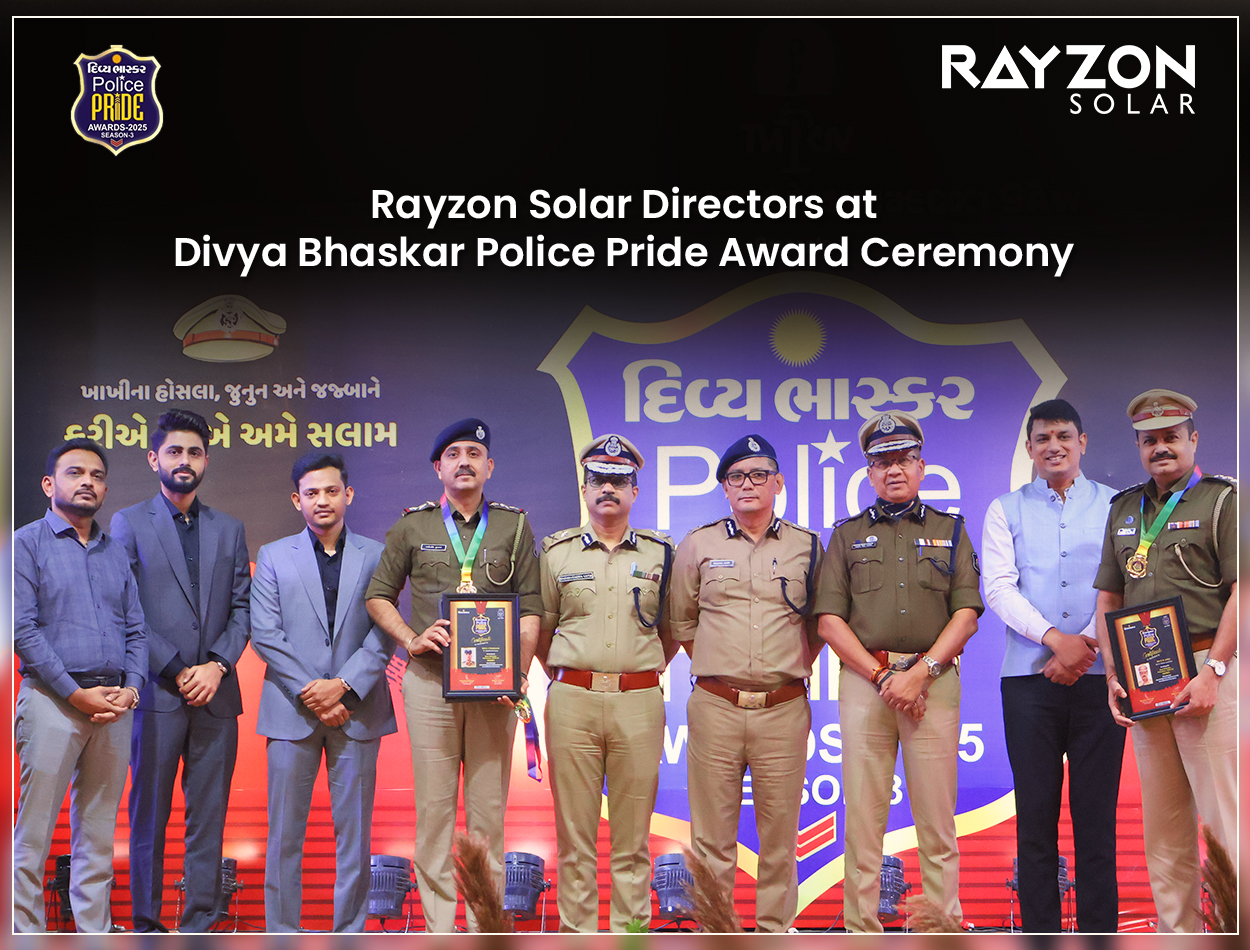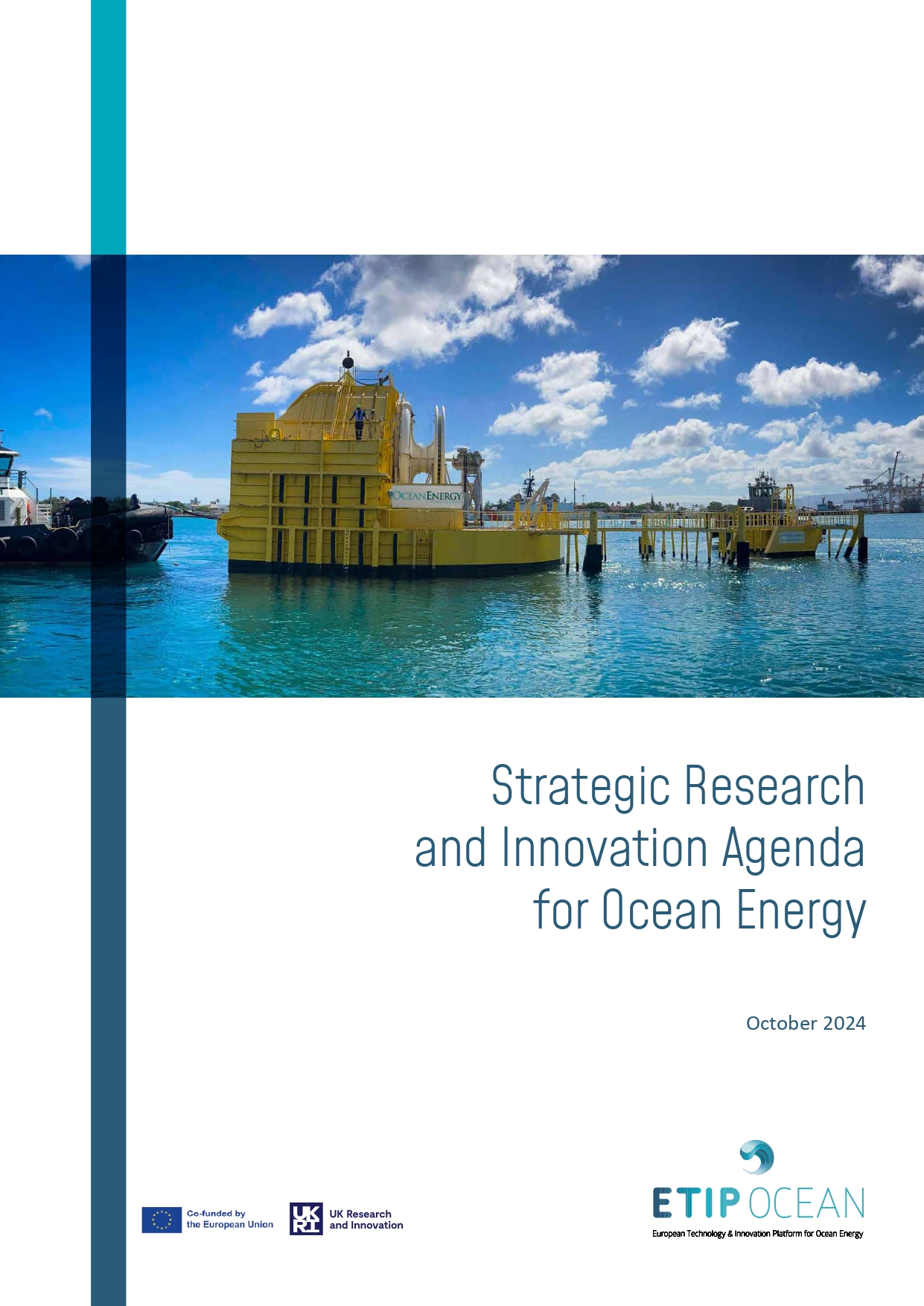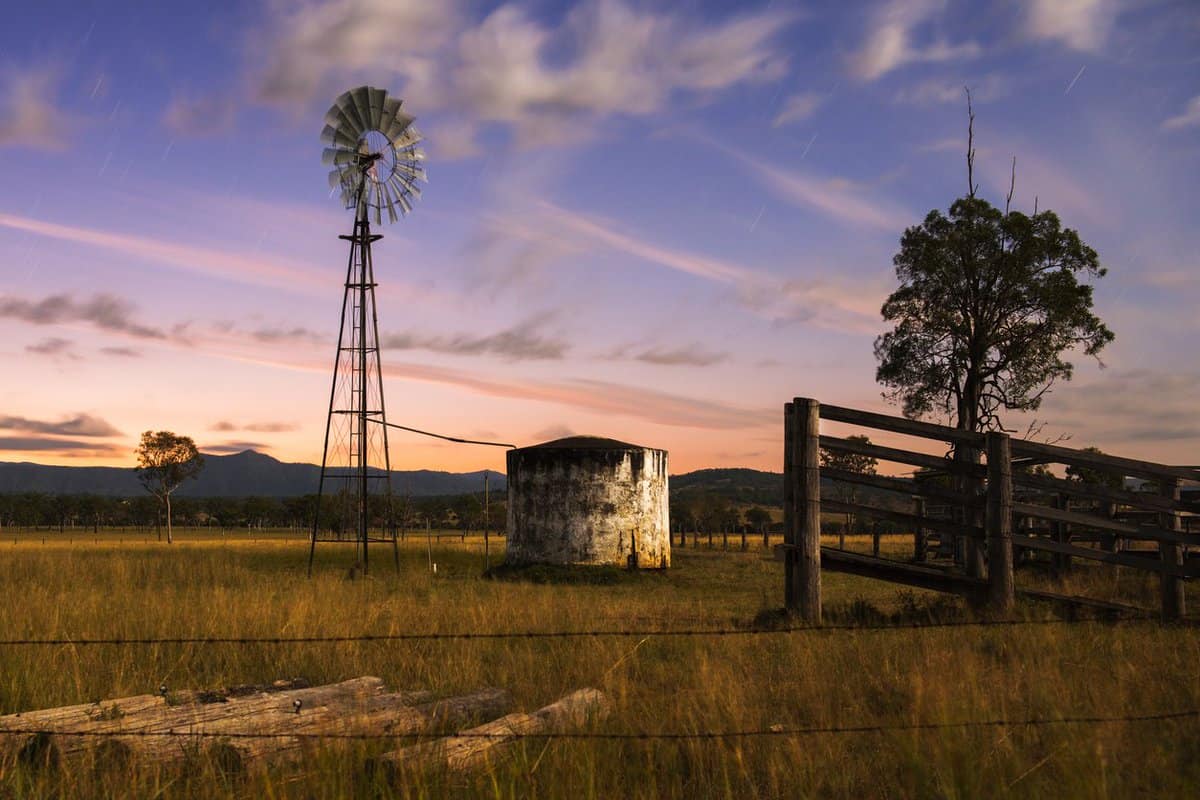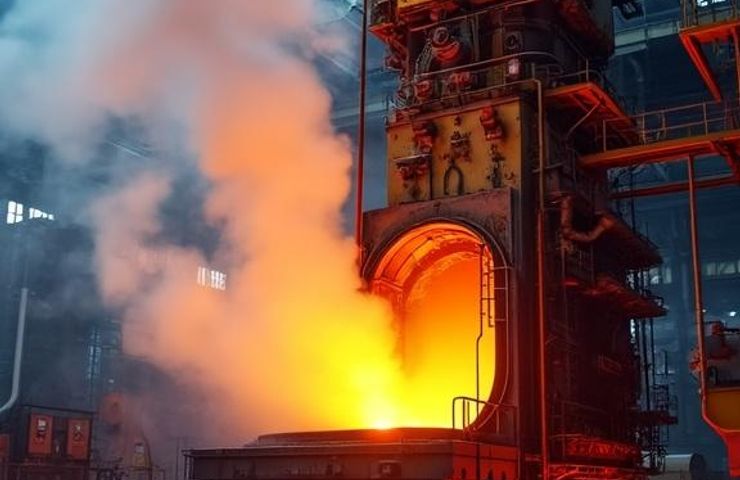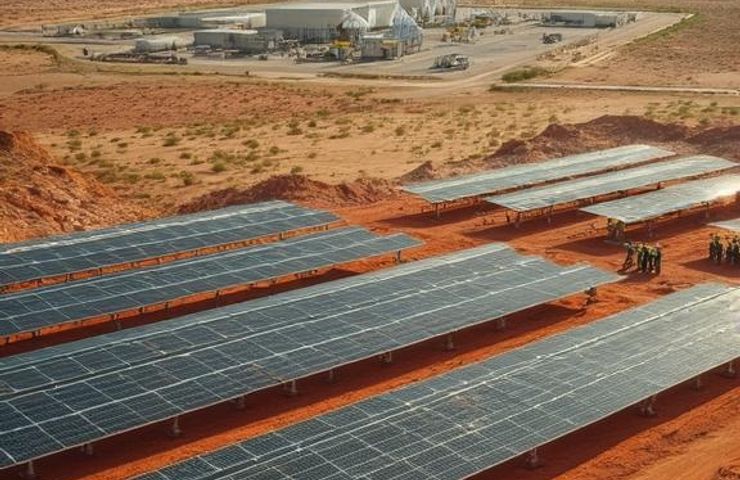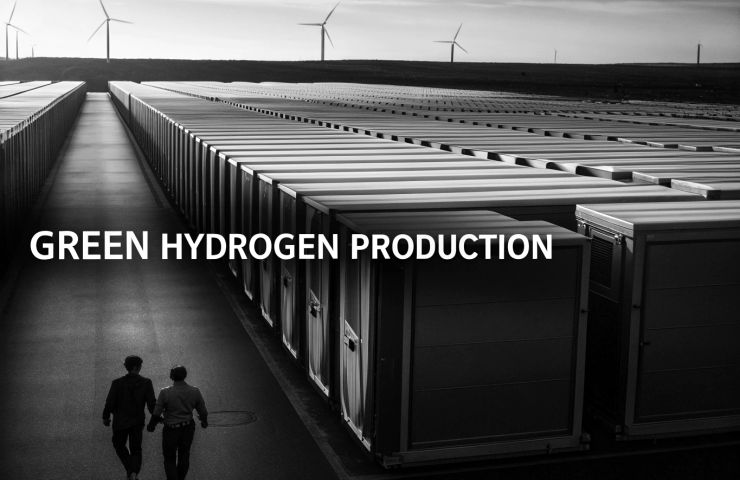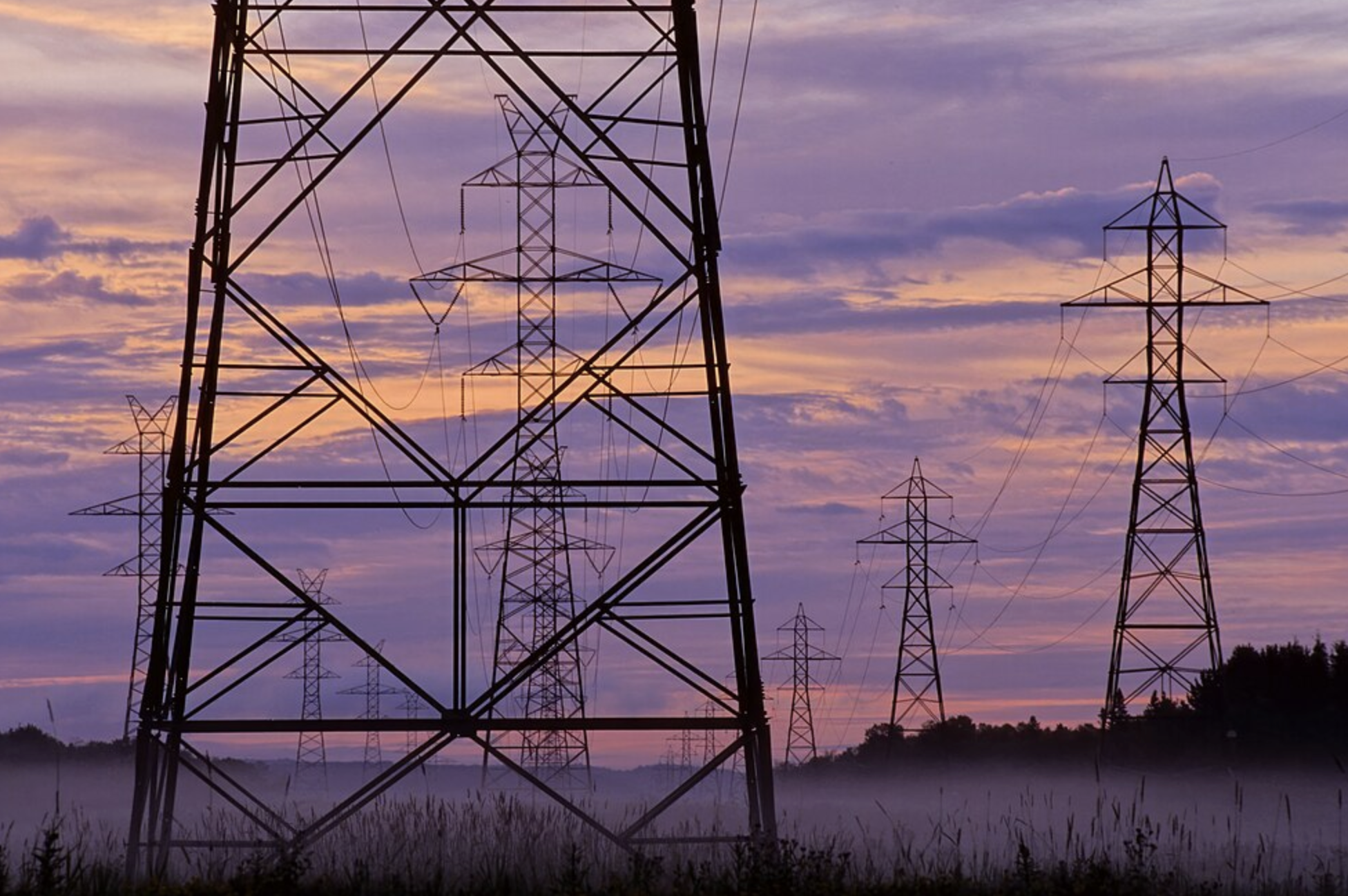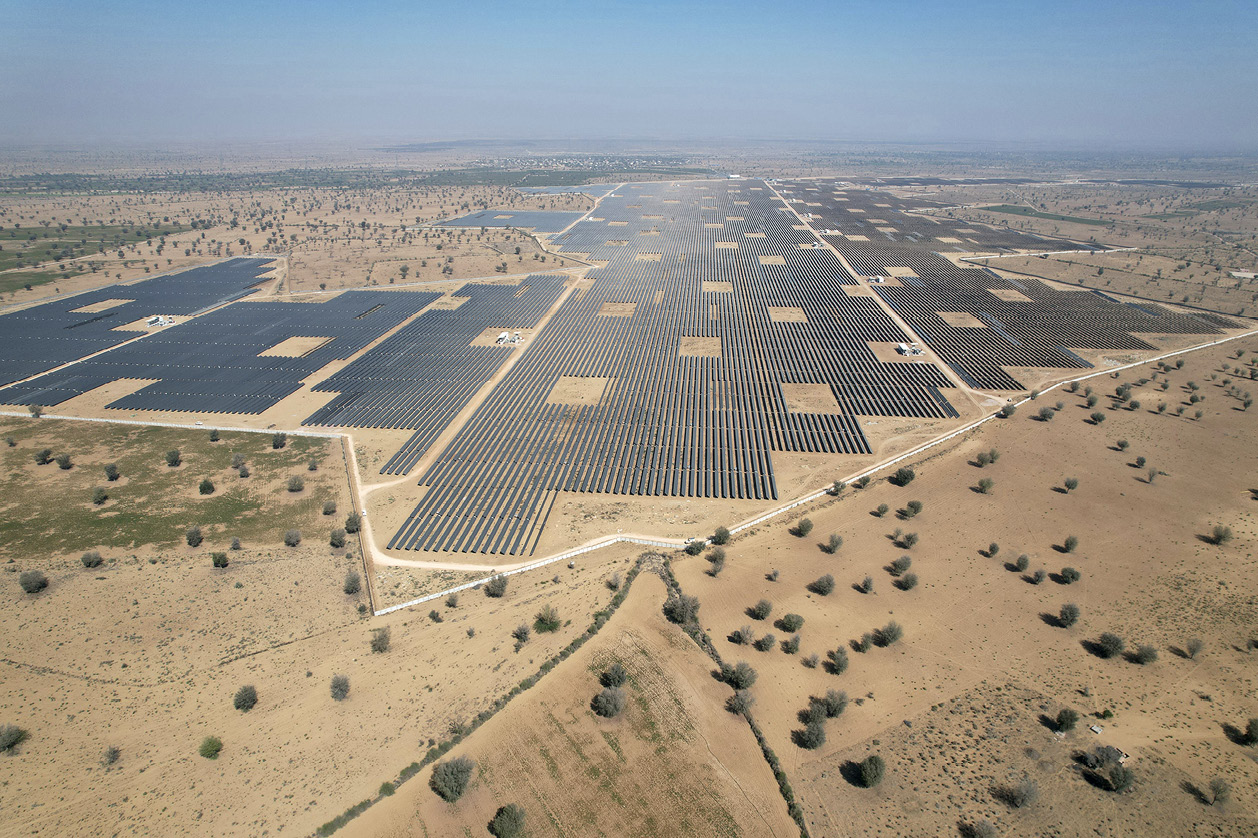How This North Carolina College is Driving Small-Town Electric Vehicle Innovation
Last year, Catawba College in Salisbury, North Carolina became the first carbon neutral college in the Southeast. This summer, amid devastating federal blows to clean energy policy, Catawba’s pledge to sustainability isn’t hitting the brakes – it’s electrifying ten-fold. The post How This North Carolina College is Driving Small-Town Electric Vehicle Innovation appeared first on Southern Alliance for Clean Energy (SACE).
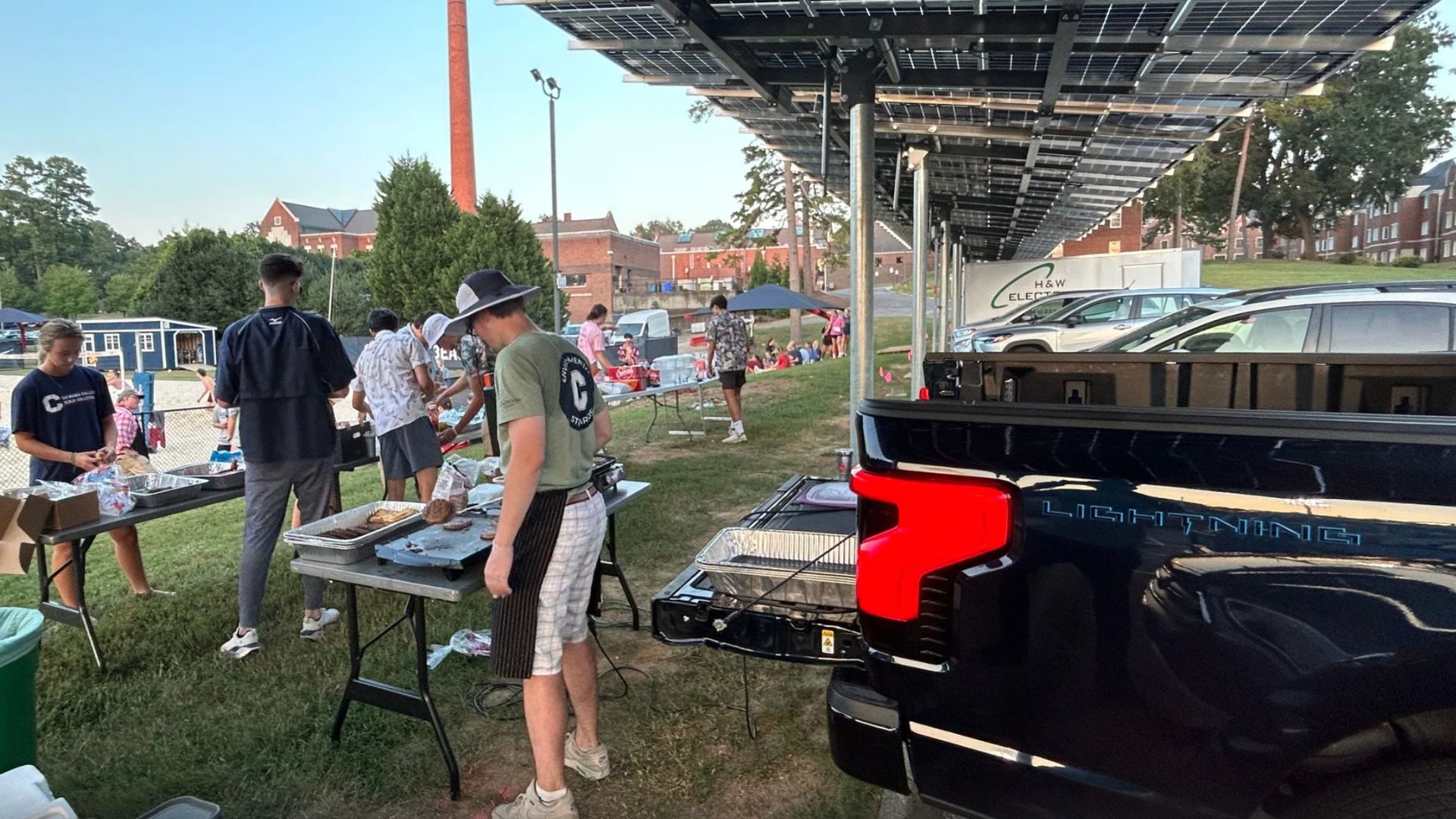
On an unusually cool afternoon in August, I called Noah Upchurch as he hustled across Catawba College’s Salisbury, North Carolina campus.
One of two Sustainability Program Directors for Catawba’s Center for the Environment (CENV), he’s in high demand, and it was launch day for CATAWBA Go!, a new initiative providing students, faculty, and staff free electric vehicle (EV) rides to almost anywhere in the community.
Luckily, Noah still had time to share this and other exciting EV news coming out of the Southeast’s first carbon-neutral college.

Getting Involved
While still a Philosophy and Sustainability student at the University of Carolina in 2022, Noah saw the need for more clean energy advocacy in academics – to open the door for students who want to lend their creativity and innovation to the fight against climate change.
“I graduated and didn’t know what I wanted to do, but knew that I didn’t want to wait for polluters to do what they do, then fight them in the courtroom,” Noah says.
First hired as a carbon accountant at Catawba College in 2022, Noah helped track the college’s emissions until it reached carbon neutrality in April 2023. As Noah moved up the ranks, he and his colleague Hannah Addair founded Catawba’s Environmental Stewards program – an “environmental student army,” he says – to train students to organize their own community environmental projects, from clean energy to waste abatement.
“The program doubled in a year, so we kept asking, are there other ways that sustainability can improve student experience?” Noah says. “And by far the biggest thing was transportation.”
Connecting students to Salisbury with electric transportation
As Catawba College continued to grow, the Center for the Environment saw the need for better transportation not just around campus, but to the surrounding Salisbury’s local businesses and parks. City transit doesn’t stop at the college, and many students lack cars, especially international students.
So, the CENV decided to create an electric rideshare service, dubbed CATAWBA Go! and guided by Catawba alum Michael Trombino’s electric shuttle service, Slidr.

The CATAWBA Go! app works like Uber, even allowing school ID holders to schedule rides in advance. Its three EVs will make up the rideshare’s fleet when it is unveiled during the upcoming 2025 fall semester, allowing students a clean, reliable way to get around on and off campus. “This is just the natural next step in connectivity, really being a cornerstone institution for Salisbury,” Noah says.
Wanting to keep students central to the project, the CENV held a competition to see which of its interns could determine the best hours for CATAWBA Go! to run. The winner was Markiian Ivaniv, an Information Systems and Technologies major and Ukrainian refugee.
Markiian’s hours made particular sense to student athletes, many of whom are international students and whose schedules require transportation early in the morning and late in the evening. “It’s not the hours I would have picked, but when we announced it to campus, students felt it really made sense,” Noah says.
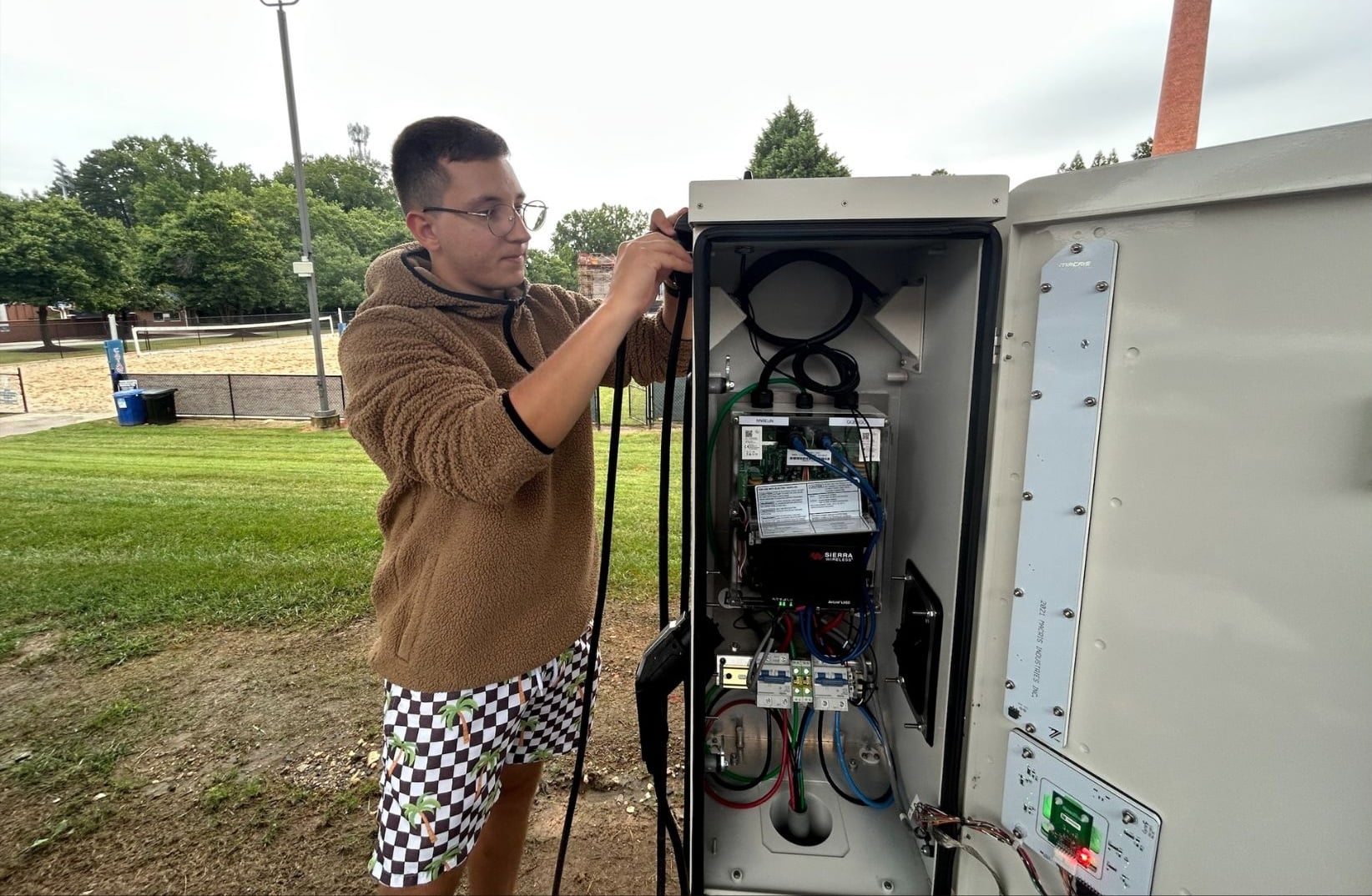
Answering Rowan County’s EV questions
Already conducting research on how electric transportation could benefit Catawba, the CENV thought to open up their findings to Rowan County residents with questions about EVs. So, the Rowan County EV Interest Group was born as a judgement-free space for anyone with questions about EVs.
People from local schools and government agencies, older community members, Catawba staff and students, and young business owners from Salisbury were in attendance at its first meeting this past July.
Attendees brought questions about EV tax credits, cost comparisons, and towing capacity. There were some questions that Noah and his colleagues couldn’t answer, so they plan to run their own tests and report back to the group. Noah says it already feels like a reliable place for Rowan County residents to turn to for fact-based EV information, somewhere free from the advertisement and peer pressure of a dealership or the internet.
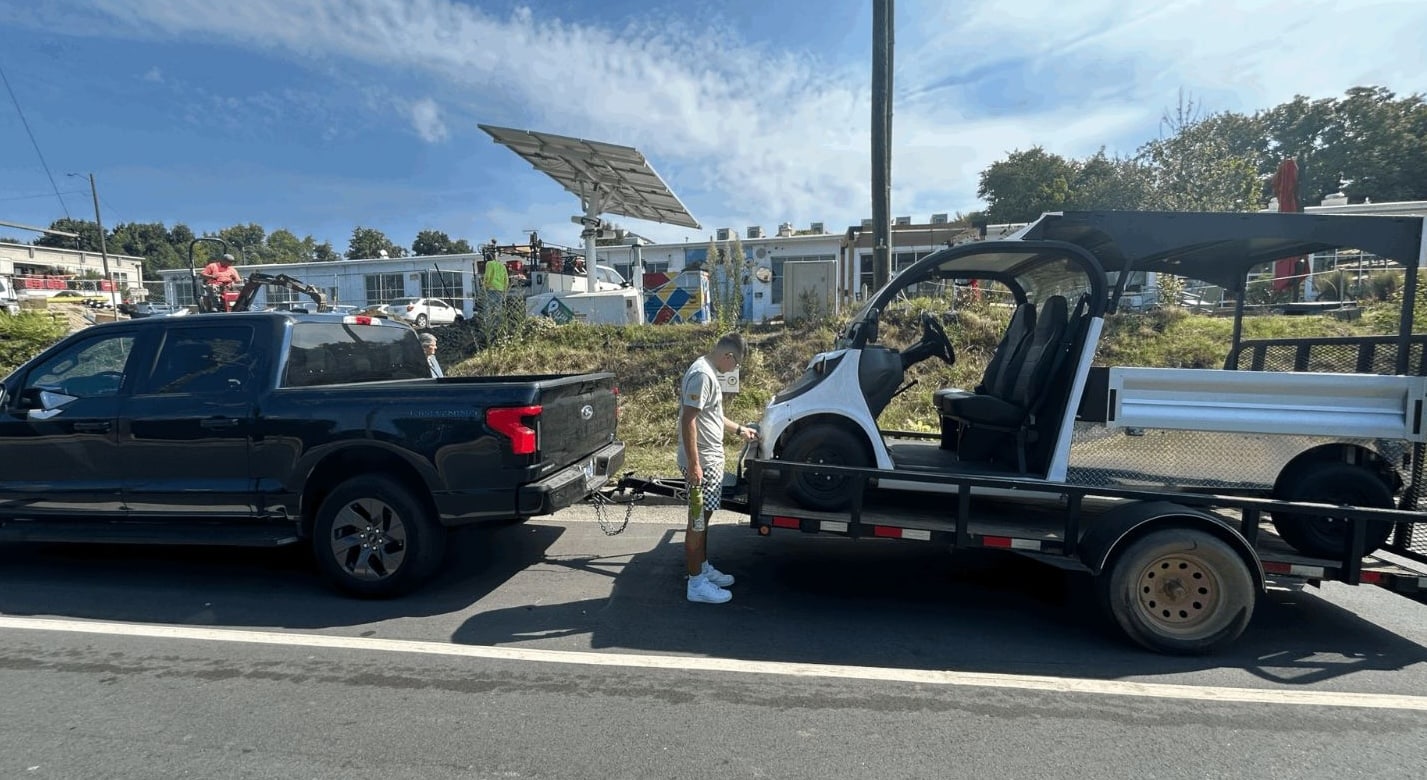
Maintaining “eco-euphoria” amidst climate policy destruction
Noah and others at the CENV have a uniquely positive outlook on the state of clean energy despite ceaseless federal attacks on climate policy and rising eco-anxiety in younger Americans.
The college is shifting gears and adjusting to new challenges like everyone else. For example, their community education around acquiring an EV with a tax credit will be a little different than before since the GOP budget bill repeals tax credits after September 30, 2025. But Noah emphasizes that the education is perhaps more important now than ever, in the wake of reckless political disinformation about clean energy.
“If anything, it’s given me more excitement to see how much we can get done right now,” Noah says. “I feel like I’m experiencing eco-euphoria. There is so much we can all still do, and that makes every day something I’m excited to go after.”

The CENV also hosted other events to showcase clean energy in action and educate students and the public, including carbon-free EV cookouts.
“Someone may have a pre-judgment of the technology, but when you’re powering a 200-watt fan on a 100 degree day, and I’m handing you a burger cooked with an electric truck at one of our carbon free cookouts – just listen to how insane that sounds,” Noah says, “That’s the kind of cool that people can’t deny.”
Help Us Power the Clean Energy Generation
Successes like the ones at Catawba College are made possible when we all pitch in – whether it’s by asking a question, lending expertise, or daring to dream big. Alongside Noah and his colleagues and students, the Clean Energy Generation is made up of people of all ages, incomes, and abilities who are choosing climate action over despair, and we’re always looking for more changemakers to get involved. If you haven’t already, join us!
Join the Clean Energy Generation
You can read more about Catawba College in SACE’s July 2024 article, “A Positive ‘Perfect Storm’: Catawba College’s Commitment to Clean Energy Career-Building.”
The post How This North Carolina College is Driving Small-Town Electric Vehicle Innovation appeared first on Southern Alliance for Clean Energy (SACE).
What's Your Reaction?







